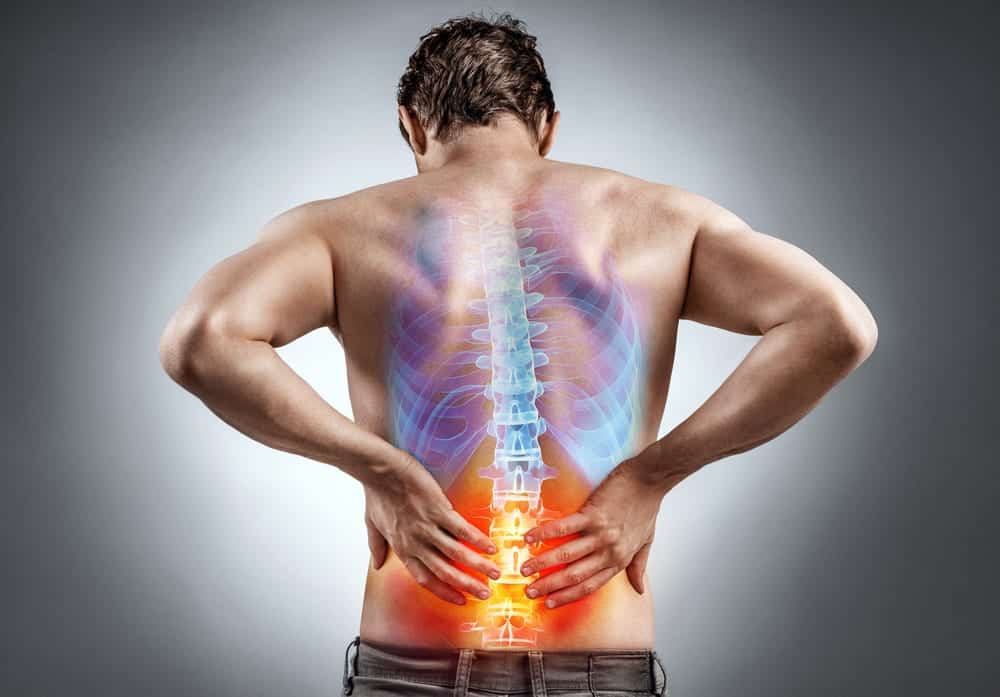Back injuries are common and can range from minor strains to serious conditions requiring immediate medical intervention. Knowing when to seek medical attention can be crucial in preventing further damage and ensuring proper recovery. This article will guide you through identifying the signs that indicate whether your back injury requires professional medical evaluation.
1. Understanding Back Injuries
Back injuries can occur due to various reasons, including accidents, poor posture, repetitive strain, or underlying health conditions. Common types of back injuries include:
Muscle Strain:
Overuse or sudden movements can strain back muscles or ligaments, leading to pain and stiffness.
Herniated Disc:
A herniated or slipped disc occurs when the soft material inside a spinal disc pushes through its outer layer, potentially pressing on nerves.
Fractures:
Trauma or osteoporosis can cause fractures in the vertebrae, leading to significant pain and potential nerve damage.
Sciatica:
This condition is caused by irritation or compression of the sciatic nerve, resulting in pain that radiates down the leg.
2. Signs That Require Medical Attention
While many if your back injury is serious improve with rest and self-care, some symptoms indicate that you should seek medical attention:
Severe Pain
If your back pain is severe, sudden, or unbearable, it's essential to consult a healthcare provider. Severe pain can be indicative of a more serious condition, such as a herniated disc or vertebral fracture.
Pain Radiating Down the Legs
Pain that travels down one or both legs, known as sciatica, could signal nerve involvement. This symptom often accompanies conditions like herniated discs or spinal stenosis and should be evaluated by a medical professional.
Loss of Bladder or Bowel Control
If you experience a loss of bladder or bowel control alongside back pain, it may indicate a condition called cauda equina syndrome. This is a medical emergency requiring immediate attention to prevent permanent damage.
Numbness or Tingling
Numbness, tingling, or weakness in the legs, feet, or buttocks may suggest nerve compression or damage. These symptoms warrant a medical evaluation to determine the cause and appropriate treatment.
Difficulty Walking or Standing
Struggling to walk, stand, or maintain balance could point to significant back issues, such as a herniated disc or spinal stenosis. If these difficulties persist or worsen, seek medical advice.
Trauma or Accident
If you have recently experienced trauma, such as a fall, car accident, or sports injury, and are experiencing back pain, it's important to get evaluated. Trauma can cause fractures, ligament injuries, or internal damage that needs professional assessment.
Fever and Back Pain
A combination of fever and back pain might indicate an infection, such as a spinal abscess or osteomyelitis. This requires prompt medical evaluation to address potential infections and prevent complications.
Chronic Pain
Back pain lasting more than a few weeks, or recurring frequently, should be assessed by a healthcare provider. Chronic pain might be a sign of an underlying condition that needs treatment beyond self-care measures.
3. When to Seek Immediate Medical Attention
Certain symptoms and scenarios necessitate urgent medical attention:
Severe, sudden pain following trauma:
This could indicate a serious injury like a fracture or internal damage.
Progressive neurological symptoms:
If you notice worsening weakness, numbness, or coordination issues, seek immediate evaluation.
Significant loss of function:
If you experience a drastic loss of mobility or function, it's crucial to get checked promptly.
4. Diagnostic Methods
If you seek medical attention for a back injury, your healthcare provider may use various diagnostic tools to determine the cause:
Physical Examination:
A thorough examination helps assess pain levels, range of motion, and neurological function.
Imaging Studies:
X-rays, MRI, or CT scans provide detailed images of the spine and surrounding tissues, helping identify fractures, herniated discs, or other abnormalities.
Blood Tests:
To check for signs of infection or inflammation.
Electromyography (EMG):
Measures electrical activity in muscles to evaluate nerve function.
5. Treatment Options
Treatment for back injuries varies depending on the severity and underlying cause. Options may include:
Rest and Ice:
For minor strains, resting and applying ice can reduce pain and inflammation.
Medications:
Pain relievers or anti-inflammatory drugs may be prescribed for pain management.
Physical Therapy:
Exercises and stretches can help strengthen the back and improve flexibility.
Injections:
Corticosteroid injections may be used to reduce inflammation and pain.
Surgery:
In severe cases, such as significant disc herniation or fractures, surgical intervention might be necessary.
6. Preventing Back Injuries
Prevention is key to avoiding back injuries. Consider these strategies:
Maintain Good Posture:
Proper posture while sitting, standing, and lifting helps reduce strain on the back.
Exercise Regularly:
Strengthening the back and core muscles through regular exercise can help support spinal health.
Use Proper Lifting Techniques:
Bend your knees and keep your back straight when lifting heavy objects.
Stay Active:
Regular physical activity promotes flexibility and strength, reducing the risk of back injuries.
In Summary
Recognizing the signs that your back injury requires medical attention is essential for preventing complications and ensuring effective treatment. Severe pain, radiating symptoms, loss of bladder or bowel control, numbness, difficulty with movement, recent trauma, fever, and chronic pain are key indicators that warrant professional evaluation. Early diagnosis and appropriate treatment can help manage back injuries effectively and improve overall spinal health.
If you are unsure whether your symptoms require medical attention, it's always better to err on the side of caution and consult a healthcare provider. Your health and well-being are paramount, and seeking timely medical advice can make a significant difference in your recovery journey.




